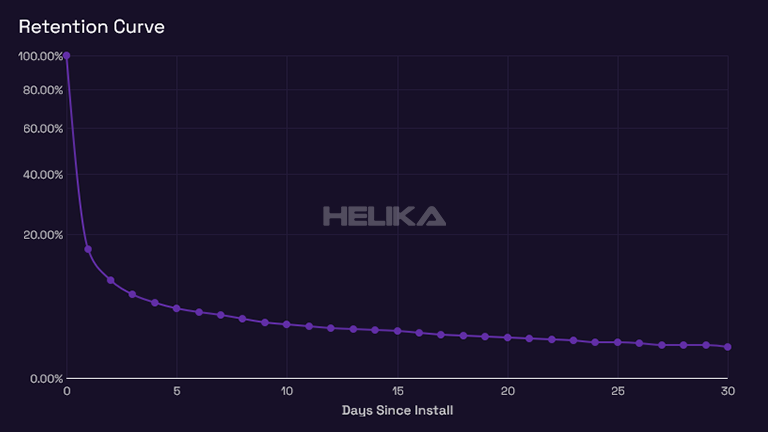Savor the Flavors: Bombay Beijing Fine Foods
Exploring the fusion of Indian and Chinese cuisines with delicious recipes and culinary tips.
Leveling Up: How Predictive Analytics is Changing the Game
Discover how predictive analytics is revolutionizing industries and unlocking new opportunities—level up your game today!
Understanding Predictive Analytics: A Beginner's Guide to Game-Changing Insights
Understanding Predictive Analytics is essential for anyone looking to leverage data for better decision-making. At its core, predictive analytics involves using statistical algorithms and machine learning techniques to identify the likelihood of future outcomes based on historical data. For beginners, it can be helpful to think of predictive analytics as a way to forecast trends and behaviors. By analyzing existing data, businesses can gain game-changing insights that drive strategic planning and enhance operational efficiency.
This guide will introduce you to key concepts of predictive analytics, including data mining, modeling, and predictive modeling. Data mining refers to the process of discovering patterns within large sets of data, while modeling involves creating mathematical representations of those patterns. Predictive modeling utilizes these representations to make informed predictions about future events. By mastering these fundamental aspects, you can unlock the potential of predictive analytics and make data-driven decisions that propel your business to new heights.

Counter-Strike is a team-based first-person shooter that has been a staple in the gaming community since its inception. Players engage in tactical battles, often requiring strong communication and teamwork to succeed. Many gamers seek a competitive edge and may look for opportunities to enhance their gameplay with bonuses or discounts, like a duel promo code that can improve their gaming experience.
The Future of Decision-Making: How Predictive Analytics Transforms Business Strategies
The rapid advancement of technology has significantly reshaped the landscape of business strategies, and predictive analytics is at the forefront of this transformation. By leveraging vast data sets and sophisticated algorithms, businesses can gain invaluable insights into customer behavior, market trends, and operational efficiency. The ability to predict outcomes not only enhances decision-making processes but also fosters a proactive approach, allowing companies to anticipate challenges and seize opportunities before they arise. As a result, organizations are increasingly integrating predictive analytics into their strategic planning to remain competitive in an ever-evolving market.
The future of decision-making lies in the seamless integration of predictive analytics across various business functions. From optimizing supply chain logistics to personalizing customer experiences, the applications are vast and varied. For instance, companies can utilize predictive models to segment their audience more effectively, tailor marketing campaigns, and improve product recommendations. Moreover, as machine learning and artificial intelligence continue to advance, the accuracy and reliability of these predictive models will enhance significantly. This evolution not only empowers businesses to make informed decisions but also fosters a data-driven culture that prioritizes innovation and agility.
What Are the Key Benefits of Implementing Predictive Analytics in Your Organization?
Implementing predictive analytics in your organization can lead to significant advantages that enhance decision-making and operational efficiency. One of the primary benefits is improved forecasting, which allows businesses to anticipate market trends and customer behaviors. With tools that analyze historical data, organizations can identify patterns that inform better planning and resource allocation, leading to increased profitability. Moreover, predictive analytics can help in risk management by highlighting potential challenges before they arise, enabling teams to create effective mitigation strategies.
Another key benefit is the ability to enhance customer experience. By leveraging predictive analytics, businesses can tailor their marketing strategies to meet the specific needs of their clients based on predictive insights. This personalized approach not only fosters customer loyalty but also drives higher conversion rates. Additionally, organizations can streamline operations as predictive analytics provides insights that help optimize processes, reducing costs and improving overall performance. Embracing these technologies positions organizations to stay competitive in an ever-evolving market landscape.